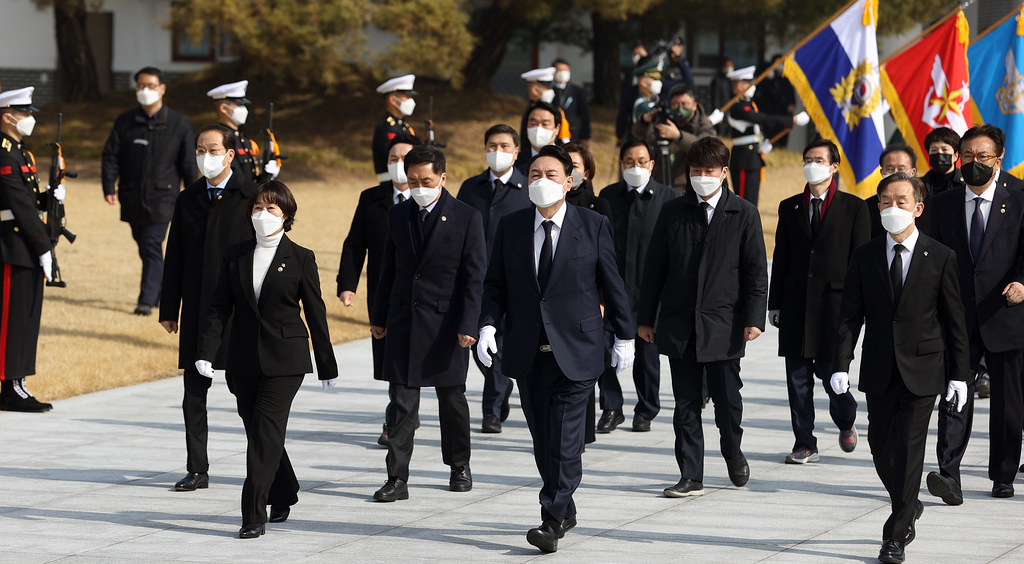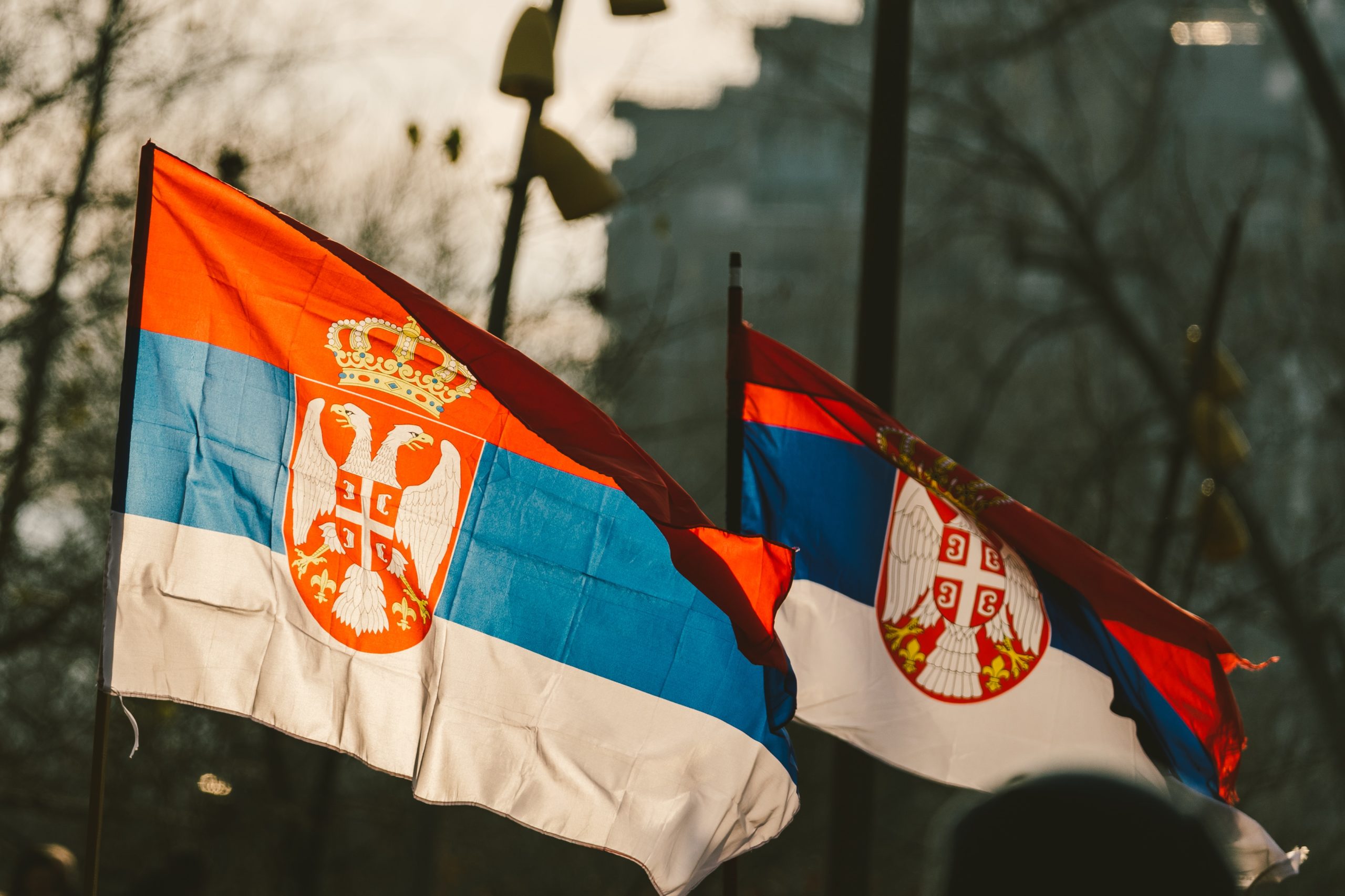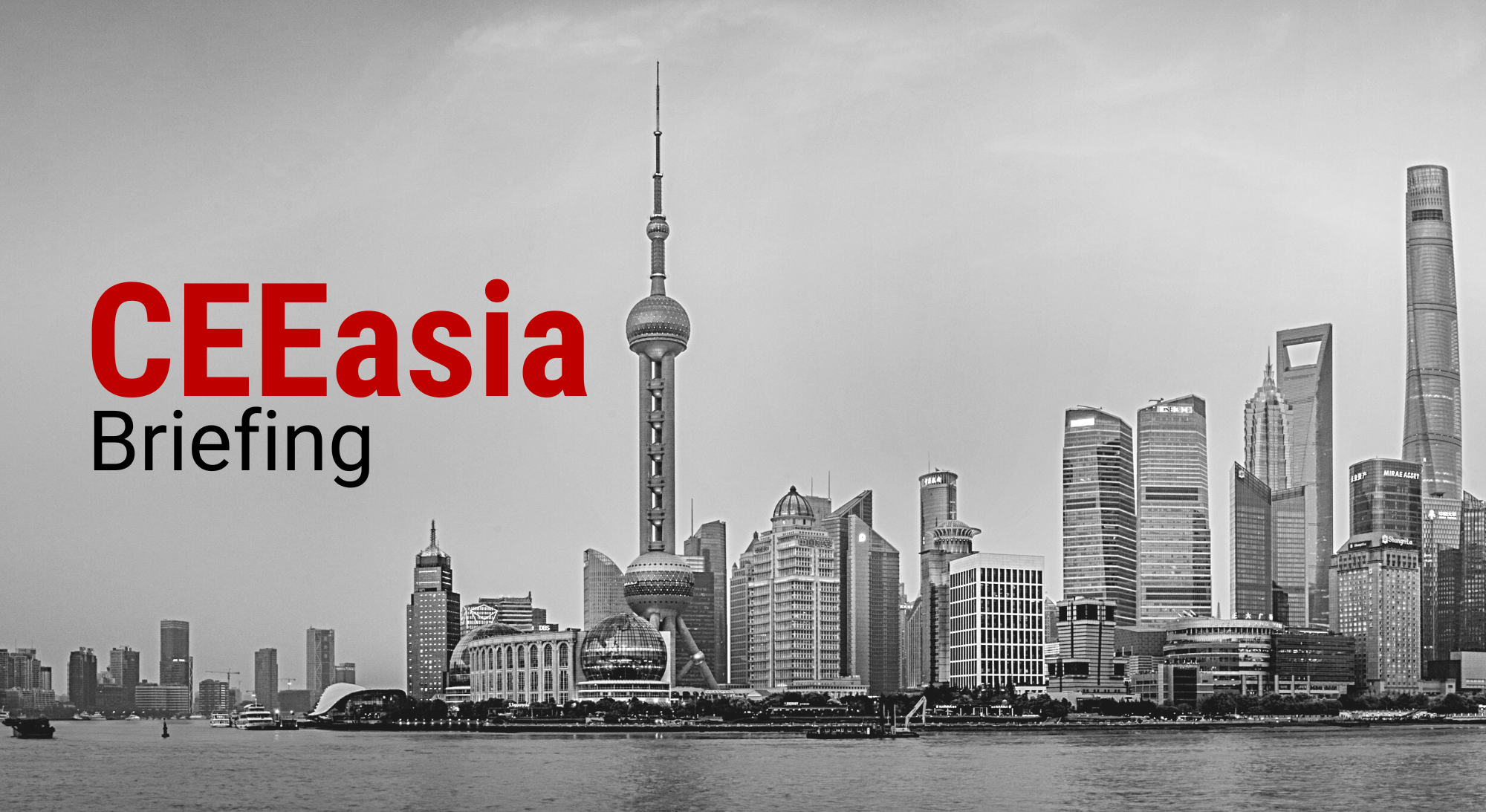On May 10th, 2022, Yoon Suk-Yeol was inaugurated as president of the Republic of Korea, two months after the most contested election in the country’s history. He won with a margin of just 0.8%. This short study looks at the possible foreign policy changes the new administration in South Korea will introduce.
The main areas of focus are inter-Korean relations, relations with China and Japan, and relations with the US. The study builds its arguments on the interviews and addresses Yoon made as a candidate and president-elect, on the activities of the transition team regarding foreign policy, and on the nominees for Minister of Unification, Minister of Foreign Affairs, and National Security Advisor. In addition, it looks at the analyses of other experts and pundits on South Korea.
First impressions
Yoon’s very slim victory margin shows interesting trends in South Korean voters’ behavior. The National Assembly election in 2020 was won by the Democratic Party, of outgoing president Moon Jae-In, so the opposition to Yoon holds a majority in parliament until 2024. This might complicate the policy changes that the new administration wants to pursue. Yoon ran as the conservative People Power Party candidate. He has no previous political experience. He worked his whole carrier as a public prosecutor, and chief prosecutor under the outgoing Moon administration. Additionally, he was a prosecutor in the impeachment case of the former conservative president Park Geun-Hye that has left the party in tatters. His lack of political experience is seen with reservation, especially when it comes to foreign policy directions.
In his inaugural address, he spoke a great deal about divisions in society and the growing tendency of people to believe in conspiracies and to dispute facts, which he called anti-intellectualism. He reiterated his intention for South Korea to assume a more active role in global affairs. South Korea is the 10th largest economy in the world, and in cooperation with others, it can find answers to the problems the society is facing. Moon has spoken about North Korea in a rather reconciliatory way. He said the door for dialogue remains open, even when Pyongyang’s nuclear program represents a threat to South Korea and the broader region. He emphasized the need for peace as a precondition for development, growth, and, foremost, freedom.
Foreign policy expectations
Because the new president lacks political experience, especially in foreign policy, the team of people he surrounds himself with is very important. During the campaign, his foreign policy advisor was a professor of international relations, Kim Sung-Han, who will become a national security advisor. Two nominees for the position of Minister of Unification and Minister of Foreign Affairs, Kwon Young-Se and Park Jin, respectively, have practical experiences. Kwon served as an ambassador to China under Park Geun-Hye, and Park had experience in foreign policy when serving under the administration of President Kim Young-Sam. It is likely their personal positions will transpire into policy directives, which will be formulated in months to come.
From the statements and interviews given by Yoon and the actions taken during the transition period, five areas can be identified as being key to his foreign policy: inter-Korean relations; relations with the US; relations with Japan; relations with China; and ROK’s overall position in the global affairs.
Starting in reverse order, Yoon has criticized his predecessor for focusing strongly on North Korea and lacking a global foreign policy approach. This seems an area that is about to change, as the president advocates for an active foreign policy, since South Korea is the world’s 10th largest economy. This was mentioned in his inauguration address, and President Yoon has previously identified two areas where South Korea can take a strong position and, potentially, a lead: climate change and pandemic response. At the same time, the president vowed to increase development aid provided by South Korea. In addition, a more active regional policy was suggested when he declared an interest in joining the QUAD.
Especially the last plan (joining the QUAD) is unlikely to be seen positively by China, the most important trade partner for South Korea. In relation to China, President Yoon has criticized his predecessor for betraying the principles of national sovereignty and citizen security, with the so-called “3 No” policy, especially regarding the “no” for additional THAAD deployment. For the new administration, additional THAAD systems represent a plan to strengthen air and missile defense as a reaction to the renewed and intensified North Korean missile tests.
Recognizing the economic importance of China to South Korea, as well as the necessity for consultations and coordination regarding North Korea, President Yoon has emphasized the need to pursue South Korean interests. As South Korea recognizes the Chinese policy strategy, it expects China will respect South Korean cooperation with its allies. Even if the new administration proceeds with planned high-level meetings with officials from partner states, it is likely to expect relations with China will become more complicated.
South Korea has strained relations with another neighbor, too. Japan-ROK relations are at the lowest point in both countries’ recent history. Yoon has invoked the memories of the Kim-Obuchi declaration of the 1990s that led to a strengthening of bilateral relations. Future relations should be based on looking ahead and, less so, on the past. Although, as is apparent from the president’s position, the past should be seen through objective lenses. This could be problematic, as history and its interpretation are a long-term complication in mutual bilateral relations. Nevertheless, there is a clear intention to improve the relationship. Already in April, a delegation of Yoon’s transition team was sent to meet with counterparts in Japan to discuss issues of mutual relations and North Korea. Additionally, the Japanese minister of foreign affairs, Yoshimasa Hayashi, attended Yoon’s inauguration. The administration vowed to put the differences to the side, restart the shuttle diplomacy between countries, and support more intensive people-to-people relations.
The most important relationship is with the US. Yoon has spoken about deepening the US-ROK alliance as a “central axis of his foreign policy”. The US is not only the most important military ally. Yoon has also vowed to forge a comprehensive strategic alliance. It should be based on a complex cooperation network in multiple areas. One of them, which has been mentioned by the president, is cooperation in technological development.
Nevertheless, the area of security remains the most important. President Yoon would not be opposed to the deployment of US tactical nuclear weapons on the peninsula. US nuclear capabilities were withdrawn in the 1990s as an incentive for North Korea to join the NPT’s Safeguard Agreement. North Korea later withdrew from the NPT and developed its nuclear program to a significant degree.
However, it is highly unlikely that the Biden administration will decide to deploy such weapons, as it would significantly impact the regional security environment. Another intended step in the process of strengthening the US-ROK cooperation will likely be seen shortly, as Yoon pledged South Korean participation in the joint military exercises. These were tuned down and suspended over the course of Moon Jae-in’s administration. Discussions on deepening the cooperation are expected to be the main topic of conversation during the May 21st summit meeting between the two presidents. It will be President Biden’s first visit to South Korea since he took office in January 2021.
The area of foreign policy that is always the most interesting for Korean peninsula observers is the North Korean policy. North Korea represents a challenge for every South Korean government. For outgoing administrations, improving relations with Pyongyang was a priority, which led to inter-Korean summits in 2018. However, not many tangible results were achieved.
Traditionally, conservative party presidents have a less forthcoming policy when it comes to North Korea when compared to their political opponents. In the past, Lee Myung-Bak and Park Geun-Hye were persistent on denuclearization as a precondition for a possible meeting or advances in mutual relations. The emphasis on denuclearization is also evident in the case of the new administration.
However, we see slight changes in the wording compared to the predecessors. When asked about North Korea, and especially about the recent missile tests, president Yoon defined the country as the main enemy of South Korea. Certainly, from a security perspective, the nuclear and missile program of the DPRK represents a significant threat. The president received a security briefing at midnight on the day of his inauguration regarding the activities of North Korea. Yoon has vowed to work toward neutralization of the threat the DPRK represents. One of the tools he mentions is the air and missile defense that need to be strengthened to deter North Korea. As mentioned above, the announcement of the renewal of regular military exercises with the US is probably a matter of days. North Korea will see this as a threat to its security. Therefore, we can expect strong rhetoric from the regime condemning the activities of the new South Korean government. The North Korean media has already criticized President Yoon.
Among other plans Yoon has revealed regarding his possible North Korean policy, two stand out. First is the plan to create a road map to North Korean denuclearization. The issue of the necessity of this type of road map has been discussed by academics for a rather long time, even as part of US-DPRK relations. Based on what Yoon has said, the road map should set the main parameters for possible negotiation with a list of measures that would be valid for each step of the process. As a precondition, North Korea is required to submit an honest declaration of its nuclear facilities. Yoon says sanctions could be eased if North Korea shows verifiable and irreversible steps leading to denuclearization. Naturally, the issue of UN Security Council sanctions will need to be discussed with allies and partners, and will strongly depend on the position of the US administration, as well as on the actions of North Korean leadership.
The second plan relates to the aid provided to the DPRK. Contrary to his conservative predecessors, Yoon says he is willing to provide humanitarian aid to North Korean people at any time, as they are of the “same race”. In addition, in his inaugural address, he stated that the door is open for a dialogue and pledged economic support for the country when the regime decides to denuclearize.
From these positions, we can expect that the reaction of North Korea will be rather critical; the nuclear program is a key feature of the country’s security policy and North Korea shows no willingness to denuclearize. In addition, South Korea’s vowed renewal of joint military exercises with the US will probably cause another round of missile testing, and potentially a nuclear test. Nevertheless, the reaction of the DPRK will be more significantly impacted by the position that the Biden administration takes.
Next steps
In summary, we can expect that the Yoon administration’s foreign policy will be formed around four core features.
First, we can expect a strong focus on strengthening the alliance with the US, not only in the military, economy, and technological cooperation. More emphasis on shared values, such as democracy and liberal principles, can also be expected. We can likely expect a US-ROK summit in the months to come.
Second, a stronger emphasis on South Korean global activities, in areas such as climate change and pandemic management, is probable. In this regard, ROK’s middle-power strategy will be at the forefront.
Third, openness and readiness for dialogue with ROK’s neighbors will become a policy mainstay. Here, China and Japan are prime candidates for diplomacy, emphasizing regularity, high-level meetings, and shuttle diplomacy. The topics of the dialogues should focus on the issues that bring the parties together, not those that are close to impossible to be resolved. In this regard, it will be interesting to see how the value-based foreign policy will address human rights violations in China.
Fourth, Yoon’s policy towards North Korea will likely exhibit a sort of duality. This will incorporate stronger rhetoric concerning the North Korean missile testing while leaving the door for dialogue open when the DPRK shows a willingness to take steps to denuclearization. We need to watch for the mentioned road map for denuclearization Yoon vowed to prepare.







